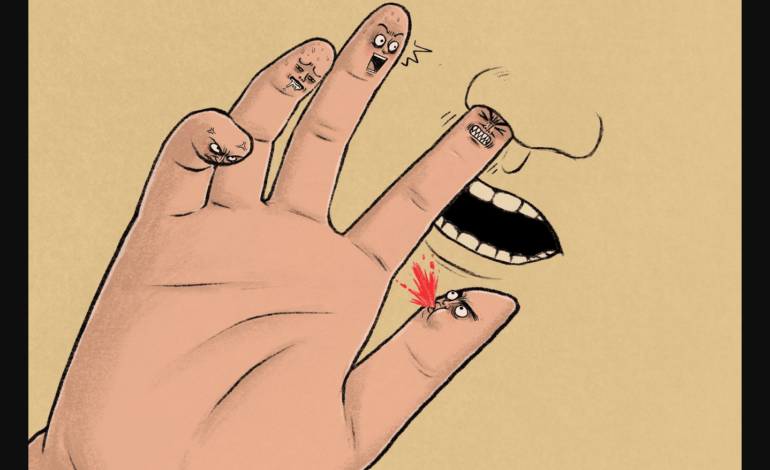
Is nose-picking harming your brain? New research in mice suggests a possible Alzheimer’s link
By Dr. Avi Verma
Is nose-picking harming your brain? New research in mice suggests a possible Alzheimer’s link
By Dr. Avi Verma
In a fascinating development that may prompt many to reconsider a seemingly harmless habit, a recent scientific study conducted on mice has suggested a possible link between nose-picking and the risk of Alzheimer’s disease.
Researchers at Griffith University in Australia discovered that damage to the delicate tissue inside the nose might allow certain harmful bacteria to travel directly to the brain. Once there, these microbes may trigger responses that mimic the early signs of Alzheimer’s, including the buildup of proteins associated with the disease.
From nose to brain: A shortcut for infections?
The study focused on a bacterium called Chlamydia pneumoniae, which is known to cause respiratory infections in humans. Scientists introduced the bacteria into the nasal passages of mice and observed that when the nasal lining was damaged—as might occur from frequent nose-picking or aggressive nose hair plucking—the bacteria had a clearer path to the brain via the olfactory nerve.
Once inside the brain, the bacteria appeared to stimulate the formation of amyloid-beta, a protein closely associated with Alzheimer’s. In human Alzheimer’s patients, these proteins form sticky plaques that disrupt communication between brain cells and are believed to play a key role in the progression of the disease.
What does this mean for people?
While the study has not yet been replicated in humans, the findings offer important clues about how infections might contribute to brain disorders. The researchers were particularly surprised by how quickly the bacteria infiltrated the central nervous system in mice—sometimes in as little as 24 to 72 hours.
This raises important questions about the potential impact of everyday habits on long-term brain health. The researchers stress the need for further human studies, but their advice for now is clear: Avoid damaging your nasal tissue, whether through nose-picking or hair plucking.
A new perspective on Alzheimer’s risk factors
Alzheimer’s disease has long been associated with aging, but scientists are increasingly examining other potential triggers, including environmental factors and chronic infections. This study adds weight to the idea that certain bacteria may play a much larger role in brain degeneration than previously understood.
“This is one of many pieces of research indicating that what happens outside the brain—especially through infection—may have a lasting impact inside it,” one researcher commented.
A word of caution
It’s important to note that these findings are preliminary and based solely on animal models. However, the biological pathway identified—the connection between nasal trauma, bacterial infection, and brain response—is real and compelling. More research will be needed to confirm whether the same process occurs in humans and how it might be prevented or treated.
Final thought
Nose-picking may seem like a minor habit, but when it comes to the brain, even small behaviors could have long-term consequences. While we await further scientific validation, taking care of the nasal lining may prove to be a surprisingly smart move for preserving cognitive health in the long run.